green onions and/or bunching onions
ezzirah011
13 years ago
Featured Answer
Sort by:Oldest
Comments (17)
slowpoke_gardener
13 years agolast modified: 9 years agoRelated Professionals
Cottonwood Landscape Architects & Landscape Designers · Kapaa Landscape Architects & Landscape Designers · San Juan Landscape Architects & Landscape Designers · Clermont Landscape Contractors · Norwood Landscape Contractors · Apollo Beach Landscape Contractors · Bridgeport Landscape Contractors · Goodlettsville Landscape Contractors · Goodlettsville Landscape Contractors · Natick Landscape Contractors · Pomona Landscape Contractors · Rosemount Landscape Contractors · Kyle Decks, Patios & Outdoor Enclosures · Livingston Decks, Patios & Outdoor Enclosures · Sun Lakes Decks, Patios & Outdoor EnclosuresOkiedawn OK Zone 7
13 years agolast modified: 9 years agoezzirah011
13 years agolast modified: 9 years agoOkiedawn OK Zone 7
13 years agolast modified: 9 years agoslowpoke_gardener
13 years agolast modified: 9 years agoowiebrain
13 years agolast modified: 9 years agoezzirah011
13 years agolast modified: 9 years agoOkiedawn OK Zone 7
13 years agolast modified: 9 years agoowiebrain
13 years agolast modified: 9 years agoezzirah011
13 years agolast modified: 9 years agoslowpoke_gardener
13 years agolast modified: 9 years agoteamneu
6 years agoOkiedawn OK Zone 7
6 years agoteamneu
6 years agoOkiedawn OK Zone 7
6 years agoteamneu
6 years ago
Related Stories
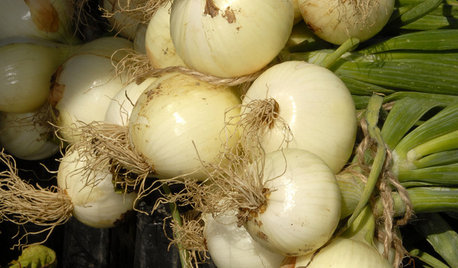
COOL-SEASON CROPSCool-Season Vegetables: How to Grow Onions
Essential for a cook's garden, onions come in many varieties and show staying power on the shelf
Full Story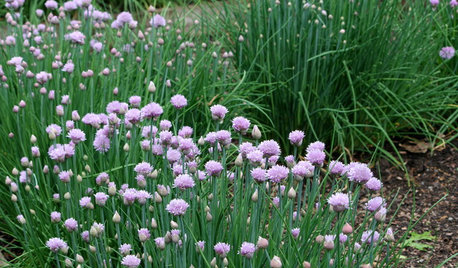
HERBSHerb Garden Essentials: How to Grow Chives
This decorative and delicately flavored herb from the onion family is easy to grow indoors and out
Full Story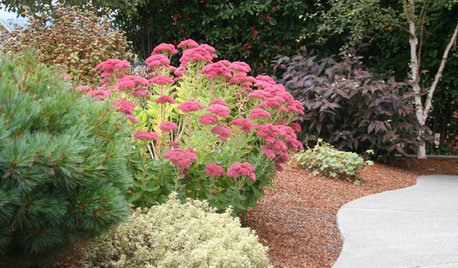
GARDENING GUIDESPacific Northwest Gardener's August Checklist
Deadheading perennials, cutting raspberry canes and preparing for the onion harvest keeps Northwest gardeners busy in August
Full Story
MOST POPULAREasy Green: 23 Ways to Reduce Waste at Home
Pick from this plethora of earth-friendly ideas to send less to the landfill and keep more money in your pocket
Full Story
ARCHITECTUREEnergy-Saving Ideas From 3 Affordable Green-Built Houses
Get lessons in budget-friendly green building from design competition winners in New York state
Full Story
COLORColor of the Week: Spring Green
Spring has finally sprung for many of you — and here's how to bring some of that green inside
Full Story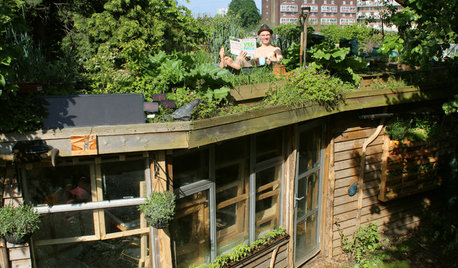
STUDIOS AND WORKSHOPSVisit London’s Shed of the Year
A modern Renaissance man carves out a multifunctional green oasis amid London’s urban whirl
Full Story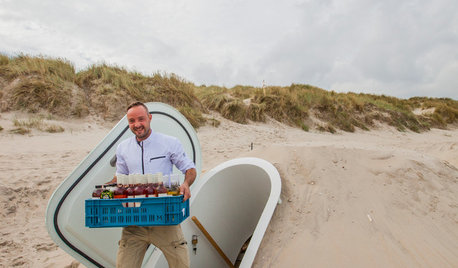
GREEN BUILDINGThe Big Freeze: Inventors Break New Ground to Keep Things Cool
Old-fashioned fridges can be energy guzzlers, but there are more eco-friendly ways of keeping food fresh, as these global innovations show
Full Story
KITCHEN DESIGNEcofriendly Kitchen: 9 Healthy Lifestyle Habits
Good for your body often means good for the planet. These kitchen ideas can help make your cooking and eating routines better for both
Full Story
EARTH DAYGrow a Beautiful Garden With Ecofriendly Greywater
Reducing home water waste means lower bills and a healthier planet. Here's how to set up a greywater home irrigation system that can help
Full StorySponsored
Franklin County's Full Service, Turn-Key Construction & Design Company
More Discussions






Okiedawn OK Zone 7